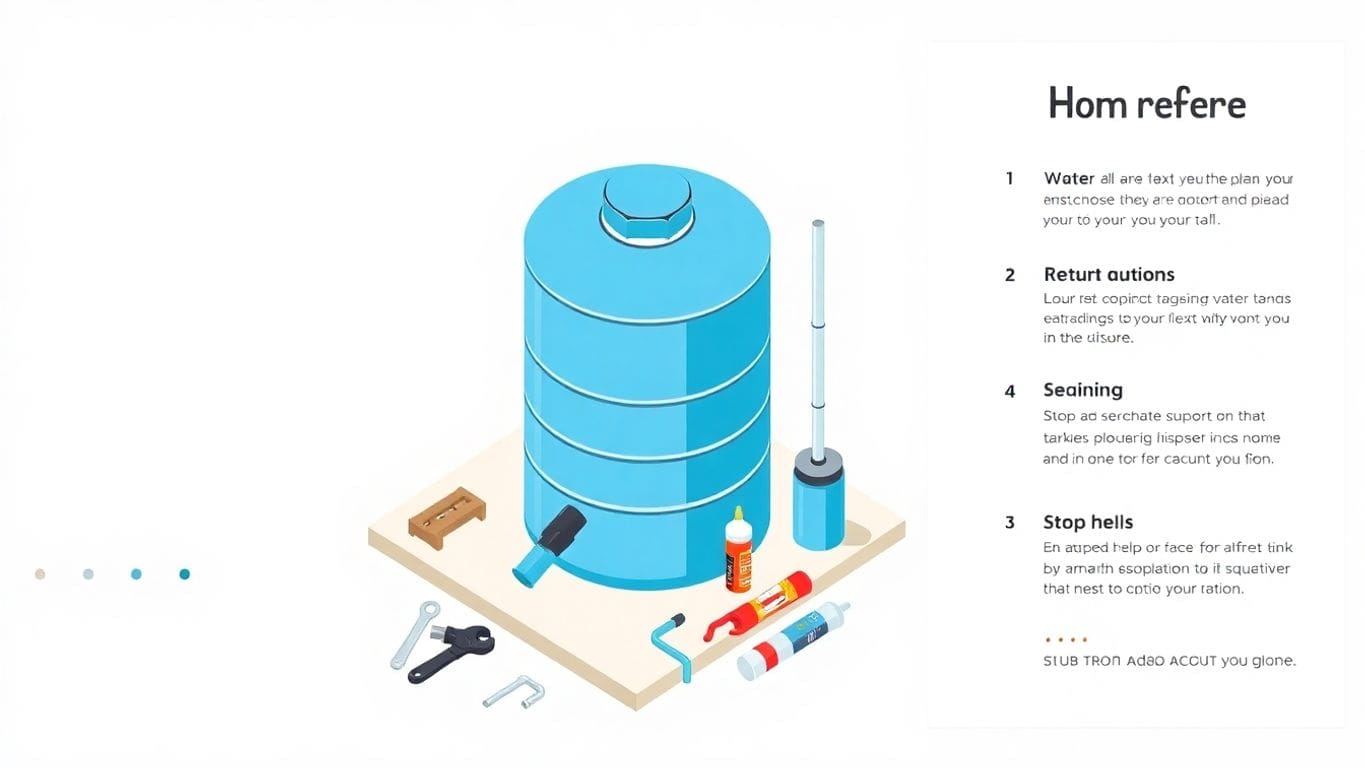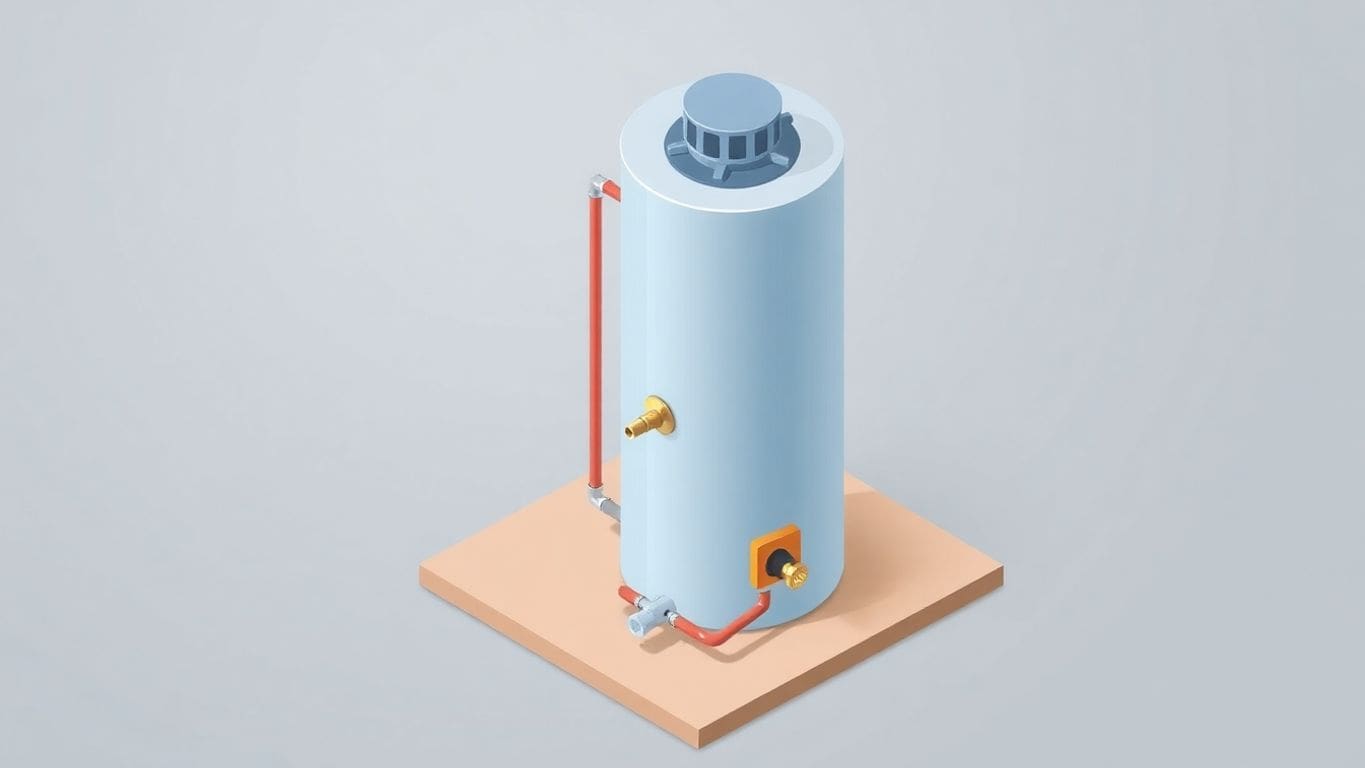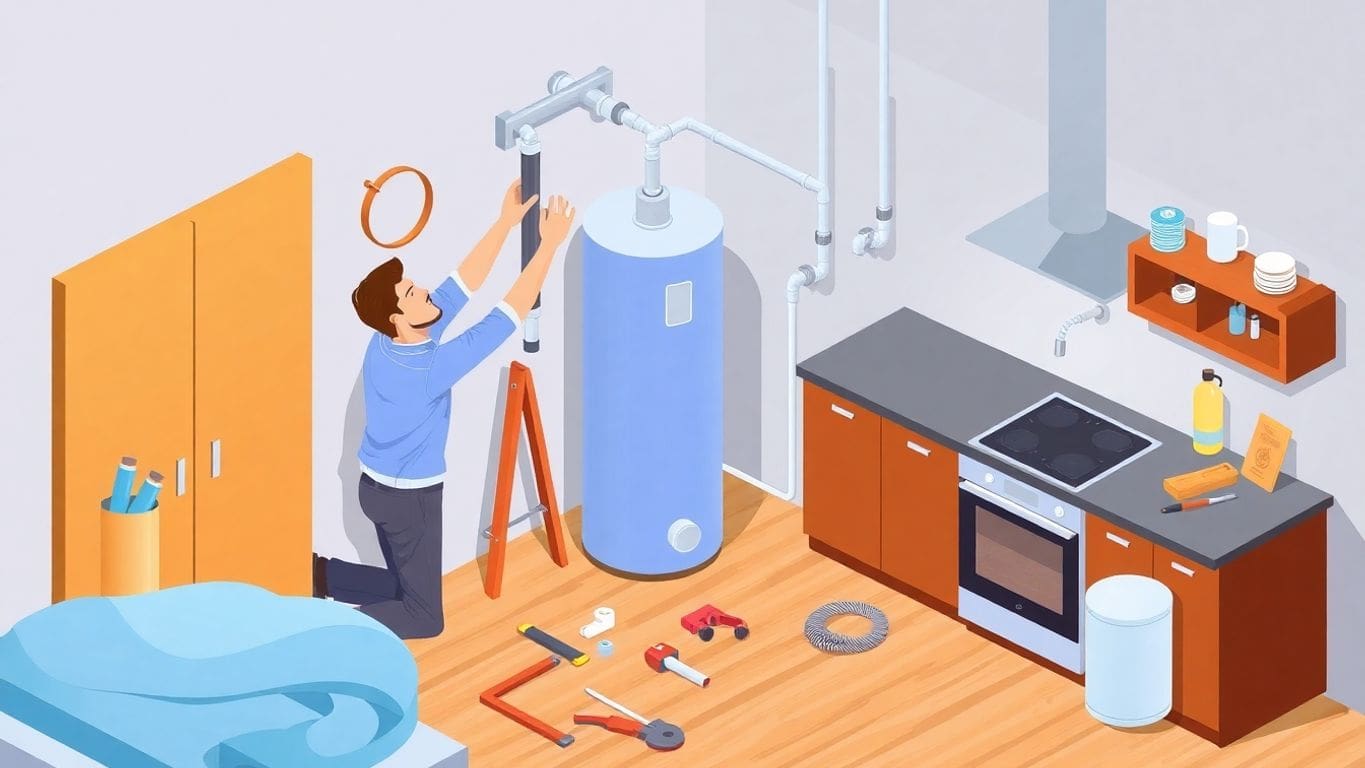
Having a working water heater is essential for everyday comfort, but when it starts acting up, it can be a real headache. Knowing who to call for water heater repair can make all the difference. In this guide, we’ll help you understand the common issues with water heaters, the benefits of hiring a professional, and how to find the right repair service for your needs. Whether you’re facing a minor inconvenience or a major emergency, we’ve got you covered.
Your water heater is super important. It gives you hot showers and helps you wash dishes. But what happens when it stops working right? Let’s look at some common problems and what you can do.
Is your water heater acting weird? Here are some signs that it might need a fix:
Sometimes, you can fix small water heater problems yourself. Here are a few things to try:
Sometimes, fixing your water heater isn’t worth it. Here’s when you should think about getting a new one:
If your water heater is over 10 years old, even if it seems to work fine, think about replacing it. Newer models are more efficient and can save you money on your energy bill. Plus, you’ll avoid the risk of a sudden breakdown.
Fixing a water heater yourself might seem like a good way to save money. But, getting a professional to do it has many benefits. Let’s look at why hiring a pro is often the best choice.
Water heaters involve electricity and gas. Messing with these can be dangerous if you don’t know what you’re doing. Professionals are trained to handle these risks safely. They know how to avoid shocks, gas leaks, and other problems. They also follow all the safety rules and have the right tools. This keeps you and your home safe.
It might seem cheaper to fix your water heater yourself, but that’s not always true. If you make a mistake, you could cause more damage. This can end up costing you more money in the long run. Professionals get the job done right the first time. Plus, they can spot other problems before they become big issues. This can save you money on future repairs.
Imagine your water heater breaks down in the middle of the night. You need hot water for showers and washing dishes. Many professional companies offer 24/7 emergency services. They can come to your home quickly and fix the problem. This means you don’t have to wait days for a repair. It’s a big help when you have an emergency.
Hiring a professional for water heater repair gives you peace of mind. You know the job will be done safely and correctly. It can also save you money and time in the long run. Plus, you have someone to call when you need help right away.
Finding the right company to fix your water heater is super important. You want someone you can trust to do a good job and not rip you off. Here’s how to find a great repair company.
First, make sure the company has the right licenses and insurance. This shows they’re serious and follow the rules. A license means they’ve met certain standards. Insurance protects you if something goes wrong during the repair. Always ask to see proof of these before hiring anyone.
See what other people say about the company. Check online reviews on sites like Yelp or Google Reviews. Look for patterns. Are most people happy? Do they complain about the same things? Keep in mind that one or two bad reviews might not be a big deal, but lots of complaints are a red flag.
Ask your friends, family, or neighbors if they know a good water heater repair company. Personal recommendations are often the best way to find someone reliable. People you trust will give you honest opinions. Plus, if they had a good experience, you probably will too.
Finding a good repair company takes a little work, but it’s worth it. You’ll have peace of mind knowing your water heater is in good hands. Don’t rush the process. Take your time and do your research.
It’s important to understand how much fixing your water heater might cost. You don’t want any surprises! Let’s break down the different parts of repair costs.
Repair companies use different ways to charge you. Some charge by the hour, plus the cost of parts. Others might give you a flat rate for the whole job. Flat rates can be good because you know the total cost upfront. Hourly rates can change if the job takes longer than expected. Always ask how the company charges before they start working.
Lots of things can change how much you pay for a repair:
It’s a good idea to ask the repair person to explain why the repair costs what it does. That way, you can understand what you’re paying for.
Getting more than one quote is a smart move. Call at least three different companies and ask them to give you an estimate. Make sure you give each company the same information about the problem. Then, you can compare the quotes and choose the best deal. Don’t just pick the cheapest one, though. Think about the company’s reputation and what other customers say about them.
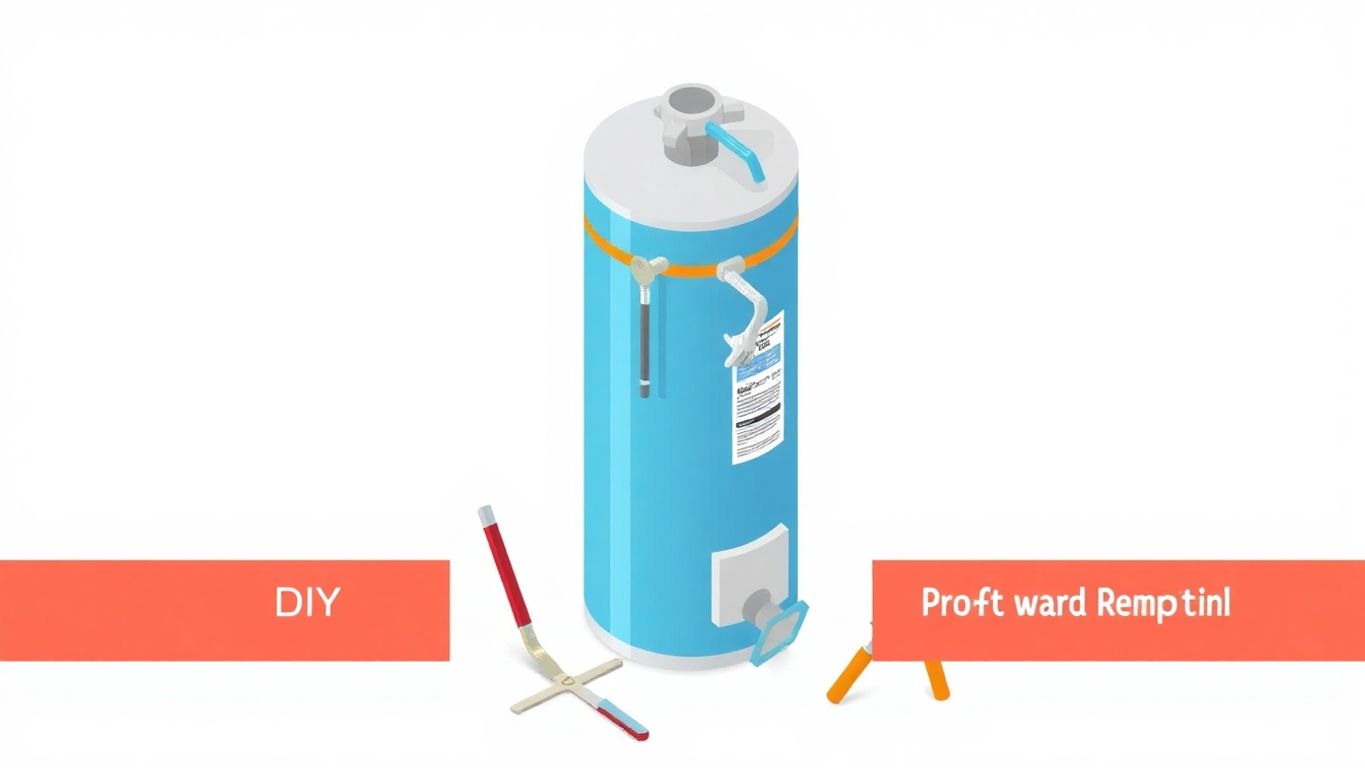
Sometimes, you might think about fixing your water heater yourself. Other times, calling a pro seems like the better idea. Let’s look at when each option makes sense.
Doing it yourself can save money if you know what you’re doing. Small things, like tightening a loose valve, might be okay to handle on your own. If you’re comfortable with basic plumbing and electricity, and the problem seems simple, DIY could work. Just be honest about your skill level. If you’re not sure, it’s best to call someone.
DIY repairs can be risky. Water heaters involve both water and electricity, which can be a dangerous mix. You could get hurt or make the problem worse. Plus, if you mess something up, it might void your warranty. Always turn off the power and water before you start any work. Here are some risks to consider:
Trying to save a few bucks now could end up costing you way more later if you cause a major problem.
Hiring a pro means you’re getting someone who knows water heaters inside and out. They can diagnose the problem quickly and fix it safely. They also have the right tools and parts. Here’s why it’s often worth it:
| Factor | DIY | Professional |
|---|---|---|
| Cost | Lower upfront cost | Higher upfront cost |
| Safety | Higher risk of injury | Lower risk of injury |
| Expertise | Requires your own knowledge | Guaranteed expertise |
| Time | Can take longer if you’re learning | Usually faster |
| Warranty Impact | May void the manufacturer’s warranty | Typically preserves the warranty |
In the end, it’s about weighing the risks and benefits. If you’re not 100% confident, call a professional. It’s better to be safe than sorry!
Getting ready for your water heater repair visit can make the whole process smoother. Here’s what you should do to be prepared.
When you call to schedule your appointment, be ready to give the repair company some key details. This helps them understand the problem and come prepared. Make sure you can tell them:
Don’t be afraid to ask questions! It’s your right to know what’s going on. Here are some good questions to ask the technician when they arrive:
To help the repair go smoothly, take these steps:
By being prepared, you can help the technician diagnose and fix the problem quickly and efficiently. This saves you time and money in the long run.
Taking care of your water heater can help it last longer and work better. Regular maintenance can save you money and trouble in the long run. Here’s what you should do:
Think of your water heater like your car. It needs check-ups to stay in good shape. You should have a professional inspect your water heater at least once a year. They can spot small problems before they become big ones. During a service, the technician will:
Keep an eye out for these signs that your water heater might need attention:
If you notice any of these, it’s a good idea to call a professional to take a look.
Here are some simple things you can do to help your water heater last longer:
Regular maintenance is key to keeping your water heater running efficiently and avoiding costly repairs. By following these tips, you can extend the life of your heater and enjoy hot water for years to come.
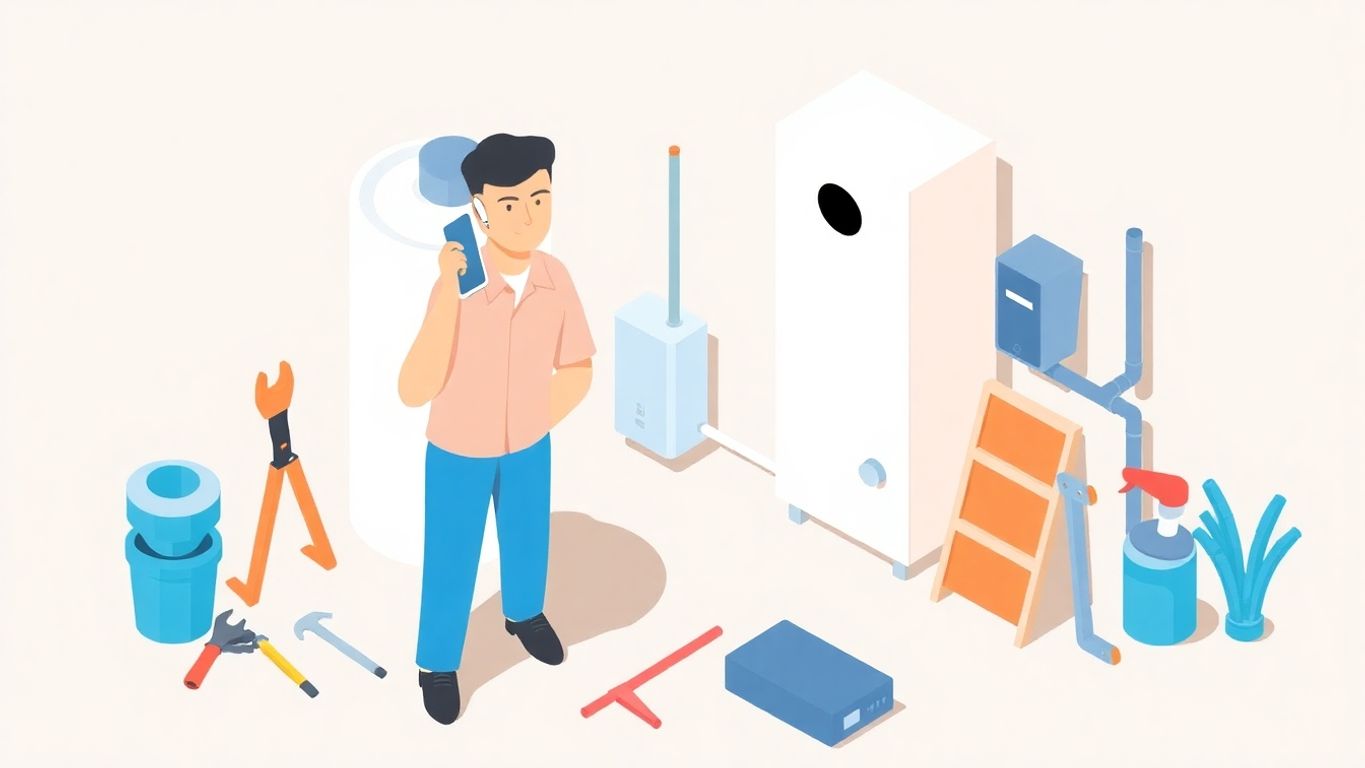
It’s important to know about warranties and insurance when it comes to your water heater. They can save you money and stress if something goes wrong. Let’s break down what you need to know.
Your water heater likely came with a warranty. This is a promise from the manufacturer to fix certain problems for a specific time. But, you need to keep the warranty valid. Doing DIY repairs or hiring someone who isn’t licensed can void your warranty. Always use a licensed plumber to keep your warranty in good standing.
Your homeowner’s insurance might cover some water heater issues. For example, if your water heater leaks and causes damage to your home, your insurance could help pay for the repairs. Read your insurance policy carefully to understand what’s covered. It’s also a good idea to talk to your insurance agent to ask questions.
To keep your warranty valid, follow these tips:
It’s a good idea to keep a file with all your important documents related to your water heater. This will make it easier to file a warranty claim or insurance claim if you need to.
Also, make sure the plumbing company you hire has insurance. If they mess something up, their insurance will cover the costs, not you!
Sometimes, water heater problems can’t wait. Knowing when it’s an emergency can save you from big damage. A major leak is a big red flag. If water is flooding your basement, that’s an emergency. No hot water might be annoying, but a flooding basement is worse. Other emergencies include:
If you see any of these, act fast!
When an emergency happens, you need help right away. Many companies offer 24/7 repair services. Here’s how to find them:
Make sure the company is licensed and insured before you let them start work. It’s also a good idea to read some reviews if you have time.
While you wait for the repair person, there are things you can do to stay safe and limit damage. First, turn off the water supply to the heater. This will stop more water from leaking. Next, turn off the power or gas to the heater. This can prevent fires or explosions. Finally, try to clean up any standing water to prevent slips and falls.
Remember, safety first! Don’t try to fix anything yourself if you’re not sure what you’re doing. It’s always better to wait for a professional.
Technology is changing how we fix water heaters. It’s making things easier and faster. Let’s look at how tech is helping with water heater repairs.
Smart water heaters are becoming more common. These heaters can connect to the internet. This lets you control them from your phone. You can set schedules, change the temperature, and even get alerts if something is wrong. Smart features can save you money by only heating water when you need it. They can also tell you about leaks or other problems before they become big issues.
Fixing water heaters used to mean a lot of guessing. Now, technicians use technology to find problems faster. They might use cameras to look inside the tank without taking it apart. They also use sensors to check the temperature and pressure. This helps them figure out what’s wrong quickly and fix it right the first time.
The future of water heater repair looks exciting. Here are some things we might see:
Technology is making water heater repair easier and more efficient. Smart heaters, better tools, and new technologies are changing the game. This means fewer headaches and more hot water for you.
It’s important to get good customer service when you’re dealing with a broken water heater. You want a company that cares about you and your home. Here’s what to look for:
Good communication is key. The company should answer your calls quickly and explain everything clearly. They should keep you updated on what’s happening with your repair. If they don’t communicate well, it can be a sign of other problems.
Sometimes, things go wrong. Maybe the repair wasn’t done right, or the bill is higher than you expected. Here’s how to handle it:
If you can’t resolve the issue with the company, you can contact the Better Business Bureau or your local consumer protection agency. They can help mediate the dispute.
Good companies stand behind their work. They should offer a guarantee on their repairs. This means if something goes wrong again soon after the repair, they’ll fix it for free. Also, they might call you after the repair to make sure you’re happy with the service. This shows they care about their customers.
Here’s a simple table showing what to expect from a good company:
| Feature | Description |
|---|---|
| Communication | Answers calls quickly, explains things clearly, keeps you updated. |
| Problem Solving | Tries to fix problems fairly, offers solutions. |
| Guarantees | Offers a guarantee on repairs. |
| Follow-Up Service | Calls after the repair to check if you’re happy. |
If you notice leaks, strange noises, or if the water isn’t getting hot, it’s time to call for help.
It depends on the problem. Small issues might be fixable, but for safety, it’s best to call a professional for major repairs.
Check if they are licensed and insured, read reviews, and ask friends or family for recommendations.
Costs can vary based on the problem and the service you choose, so it’s a good idea to get multiple quotes.
Gather information about your water heater and any issues you’ve noticed, and clear the area around the heater.
Professionals are trained to safely fix water heaters and can often find and solve problems faster than DIY attempts.
Yes! Regular maintenance can help your water heater last longer and work more efficiently.
If you have a leak or other urgent issue, turn off the water supply and call a repair service right away.

